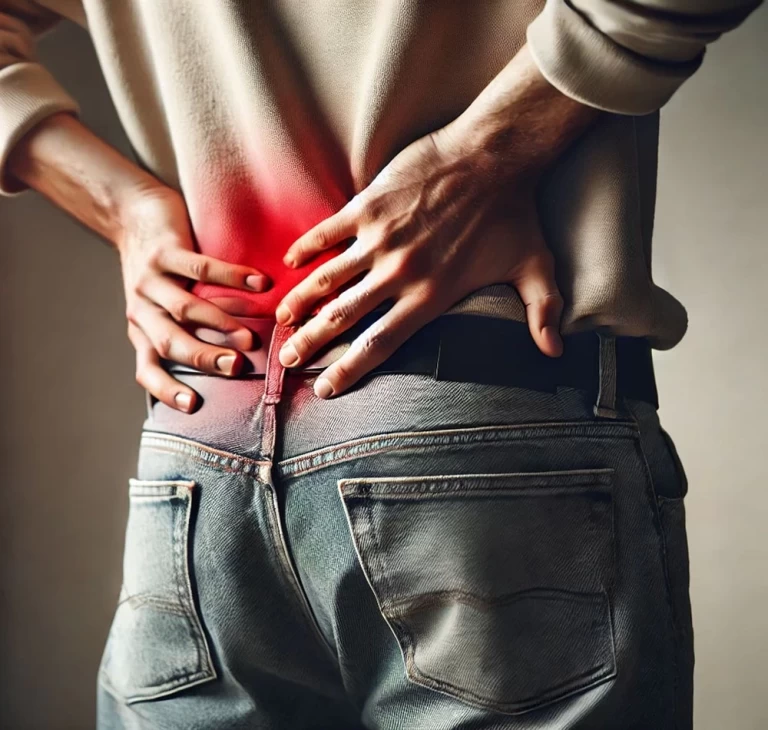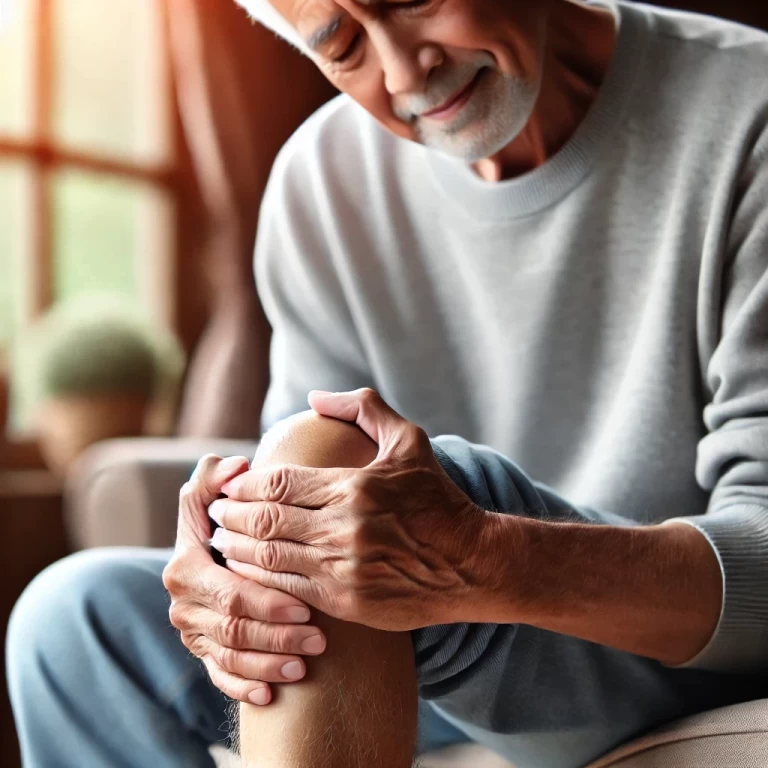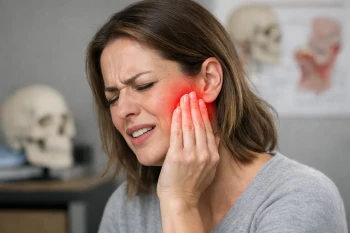
If you're experiencing pain in your hip, you're not alone. Hippain is one of the most common types of pain that peopleexperience. There are many different causes of hip pain, and inthis blog post, we will discuss the top 10. We will also providetips on how to relieve hip pain. Let's get started!
10 causes of hip pain
1. Bursitis: Inflammation of the hip bursae, small fluid-filledsacs that cushion and lubricate the hip joint.
2. Tendonitis: Inflammation of the tendons in the hip area whichcan cause pain when moving or even just standing still.
3. Osteoarthritis: The deterioration of the hip joint due towear and tear over time.
4. Fractures: Breaks in the hip bone due to any kind of traumaor injury.
5. Labral tears: Tears in the hip socket lining, which can causepain when walking or standing up from a seated position.
6. Groin pulls: Straining of the hip muscles, which can causehip pain when moving or stretching.
7. Sciatica: Compression of the sciatic nerve, which can causehip and leg pain that radiates down the back of the leg.
8. Piriformis Syndrome: Inflammation of the small hip muscle,which can cause hip and buttock pain.
9. Stress fracture: A tiny fracture in the hip bone that oftenoccurs due to overuse or repetitive motions.
10. Postural issues: Poor posture can put extra strain on thehip joints and muscles, causing hip pain.
Tips to relieve hip pain
- Rest: Avoid activities that cause hip pain and give your hiptime to rest.
Ice: Apply cold packs or ice packs to the affected hip for 15minutes at a time, several times per day. - Stretching: Gentle stretching exercises can help reduce hippain and improve hip flexibility.
Heat: Apply heat to the hip using a heating pad or warm towel toincrease blood flow and reduce stiffness. - Medication: Non-steroidal anti-inflammatory drugs such asibuprofen can help reduce pain and inflammation associated with hippain.
- Chiropractic care: A chiropractor can help reduce hip pain byapplying pressure to affected areas. Chiropractic adjustments andmanipulation can also help improve hip flexibility.
- Physical therapy: Physical therapists can provide exercises tostrengthen hip muscles and improve balance, which in turn canreduce hip pain.
- Supportive devices: Wearing a hip brace or orthotic can helpsupport the hip and reduce pain.
- Surgery: In some cases, surgery may be necessary to correct hipproblems that are causing pain.
If you're dealing with hip pain, it's important to get itchecked out by a medical professional. They will be able todiagnose the cause of your hip pain and provide treatment optionsthat can help relieve it. Additionally, the tips above should helpreduce hip pain and improve hip function. With proper care andtreatment, hip pain can be managed and eventually eliminated.
The information provided here is not intended to replace medicaladvice or suggest a particular course of action for any individual.If you are experiencing hip pain, it is best to speak with yourdoctor or a qualified healthcare provider to determine the besttreatment plan for your individual needs.
Chiropractic care for hip pain
Chiropractic care can be a great way to help manage hip pain.Chiropractors are trained in the use of various therapies, such asspinal manipulation and soft tissue mobilization, that can helpreduce hip pain and improve mobility. In addition to these manualtherapies, chiropractors may recommend exercises or stretches thatcan strengthen hip muscles, which can help reduce hip pain. Ifyou're experiencing hip pain, talk to your chiropractor about thebest treatment options.
In addition to chiropractic care, there are several other waysto help relieve hip pain. Heat therapy, such as using a heating pador taking hot baths, can help relax tight hip muscles and reducehip pain. Ice therapy, such as an ice pack or cold press, can helpreduce swelling and inflammation in the hip joint area.Over-the-counter medications like ibuprofen can also be helpfulwhen it comes to reducing hip pain but always consult with yourdoctor before taking any medicines.
Finally, lifestyle changes can also help reduce hip pain. It'simportant to maintain a healthy weight and keep your hip musclesstrong. Regular exercise can help strengthen hip muscles, improveflexibility, and increase the range of motion in the hip joint.Additionally, it's important to get plenty of rest and avoidactivities that put a strain on the hip area.
By understanding the underlying causes of hip pain and takingthe necessary steps to reduce pain, you can help prevent hip issuesin the future. Talk to your doctor or chiropractor if you'reexperiencing hip pain to discuss treatment options that are rightfor you. By following these tips, you can help manage hip painand improve your overall quality of life. Remember to always talkto your doctor or chiropractor before starting a new treatmentplan. They can provide personalized advice that is tailored to yourindividual needs.
We know that every patient deserves to experience life withoutpain and suffering, so our team of doctors makes sure they help youget there. We want to make living the wellness lifestyle easy andaffordable for you, so your family members can take responsibilityfor caring about their own health. We provide personalized careplans that will suit any needs or preferences so everyone has anopportunity at being healthy! We are happy to assist you on yourroad to being pain-free. Contact us today.






Leave a comment